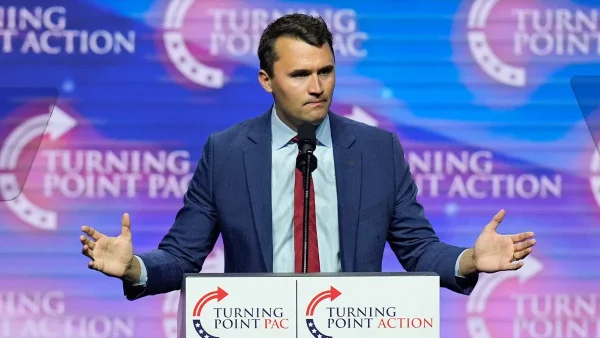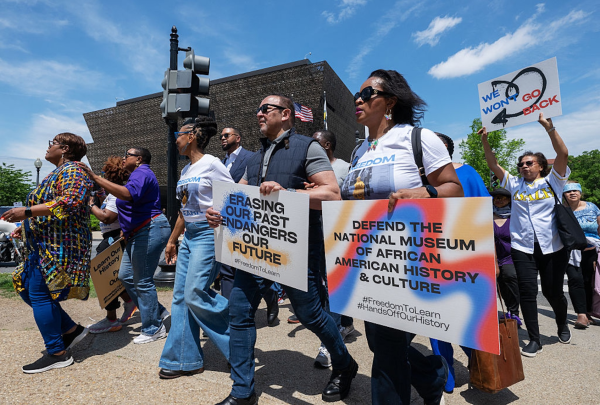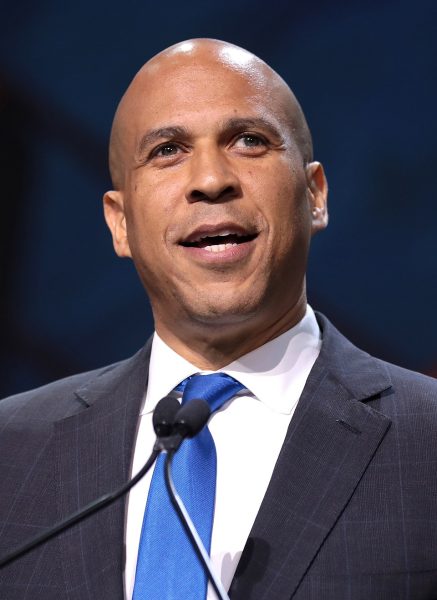States Give Their Stance On Vaccine Mandate
A Bullitt East student displays vaccination card.
President Joe Biden recently made a federal mandate that all businesses with 100 or more employees are required to have their employees get the vaccine or get tested for COVID-19 once a week. The only way someone can get out of taking the vaccine would be through religious or medical exemptions.
Twenty-four states threatened legal action against the mandate and the attorney generals of eleven states actually filed a lawsuit.
Junior Addison Stopher thinks that the government should not be able to make mandates like the recent one made by Biden. “I don’t think it should be the government’s decision on what we do with our bodies. That should be up to each individual,” Stopher said. She thinks it is not fair that people who don’t want to take the vaccine or can’t take it have to provide proof of their religion or medical condition to justify it.
Stopher also says that if the federal government is going to have a say in things like the vaccine, it should be up to state governments whether they are going to enforce it or not as well. “State governments make separate laws for a lot of different things. Every state even has different laws for driving, so I think when it comes to vaccine mandates, state governments should have a say in something that is that important,” Stopher said. Stopher said for this reason it shouldn’t be very surprising that states are going against the mandate and taking legal action.
A lot of people point to the fact that in the Constitution, it says the government can make laws that benefit the general health of the public. “I think the government should be able to make mandates that benefit the general health of the public, and the Constitution allows that. But I think that that should only apply to things like masks. A line needs to be drawn when it comes to forcing someone to inject something in their body,” Stopher said.
Junior Austin Graham has similar opinions to Stopher. “Each state should represent what they support. I don’t think the government should decide who gets vaccinated and who doesn’t, but if they do, states should have a say,” Graham said. Graham said that the people elect representatives for them and for their state that they trust to make the decisions that they want. He said that if the states aren’t having a say in the mandate, then the people aren’t really having a voice.
Graham also said that mandates can take away from citizens’ freedoms. “I think mandates like the recent one take away from people’s freedom of speech or expression. It’s your say in whether you want the vaccine,” Graham said. He said the constitution gives citizens certain rights, but also gives the government certain powers, and it can be hard to determine sometimes if the government’s power is taking away citizens’ rights when it is left up to people in the country today.
“I do agree that the government should make laws that benefit society and the health of the people, but it should be with things that have been thoroughly researched,” Graham said. He thinks mandates can be good and are needed sometimes, but only with things that for sure work. The vaccine could have more bad effects than good in the long run, but that is something that is not known.








